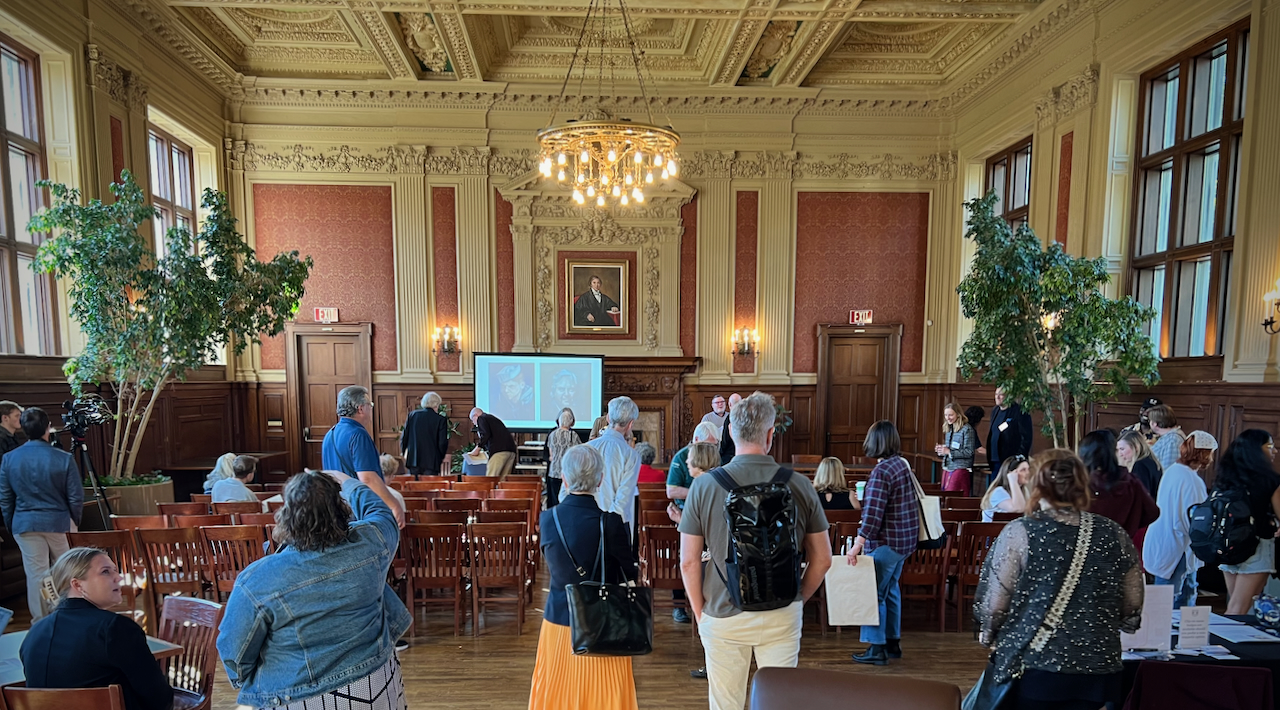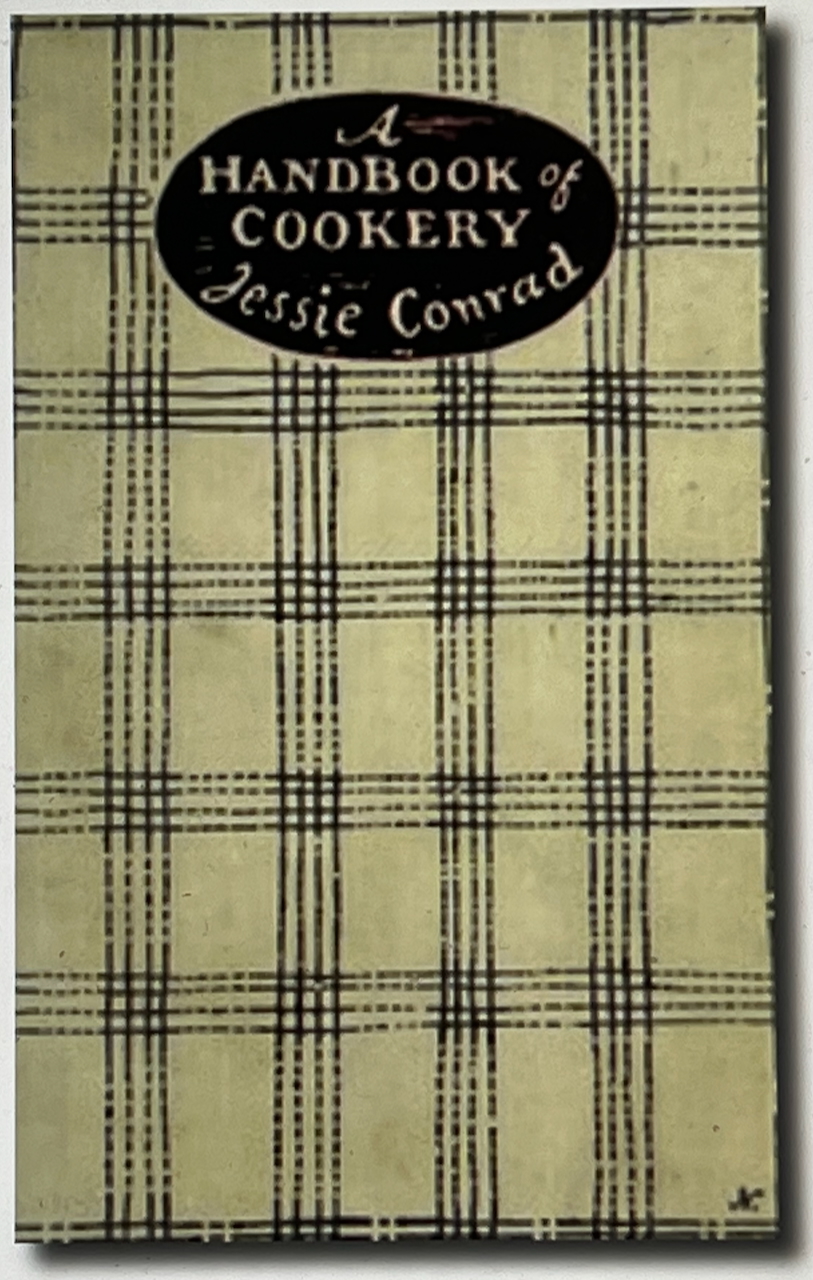William H. Gass at 100
October 7, 2024

Bill Gass would have turned 100 this year, and colleagues, family, friends, and admirers held a centenary celebration of his life and work last week here at Washington University, where Gass was a professor of philosophy for 30 years. (He died at 93.) He was, as everyone notes, known more widely as a novelist and essayist than a philosopher, but his literary prose showed analytic philosophy’s interest in language, image, and metaphor, which he made cool.
I thought of Gass as a kind of Henry James figure, stylistically brilliant and often challenging, with a deep need to try to find the precise expression of psychological and emotional truths. Professional critics were inspired to use phrases about his work such as “maddening, enthralling, appalling, coarse, romantic, sprawling, bawling” (regarding the novel The Tunnel).
Despite his reputation as a formally experimental writer and high-culture literary essayist, he was read by many, including uncountable undergraduates; “The Pedersen Kid,” in his story collection In the Heart of the Heart of the Country, was an English department staple across the country for years. My graduate education began, long before I went back to school, with his older collections of essays Fiction and the Figures of Life and The World Within the Word. I remember reading the (then) year-old collection, Finding a Form: Essays, on a bench in the St. Augustine grass in Miami, as I waited for my first grad seminar to begin.
Last week’s celebration included a panel presentation by former students and colleagues, and an interview of Bradford Morrow, writer, teacher, and editor of Conjunctions, by Martin Riker, Director of the Publishing Concentration at Wash U.
Dr. Gerhild Williams, a retired professor of Germanic Languages and Literatures at Wash U, read from Gass’s letter to an assembly series committee, “fervently supporting” bringing Salman Rushdie to campus three years after his fatwa had been lifted. The letter is, Williams said, “still inspiring reading as an indictment against letting fear rule our decisions and an equally passionate endorsement of academic freedom. Here Bill stated firmly that, ‘Nothing, nothing, nothing, outweighs academic freedom. This freedom means that each of us must suffer the speech of fools, zealots, and enemies. We should do so gladly.’
“And as a fitting comment on what we witness in our community these days, he writes, ‘Those who feel they finally hold the truth in their hands should hold it then as if grateful for its arrival, not in a frightened fist, but in an open palm. For not even a mighty gale, let alone the wind of a few words, can blow the truth away. Differences do not frighten the truly open-minded.’”
A button handed out at the celebration quoted Gass: “It’s very important to be hated by the right people.” During the Q&A that followed the panel, Patrick Davis, of Unbound Editions Press, said, “I think learning to read difficult texts is a gymnasium for the mind. It teaches us to have the strong muscle of critical thinking. [P]eople will return to [Bill Gass’] sentences because they are a life spring.”
Two exhibitions accompany the centenary: William H. Gass, Fifty New Acquisitions, is in Olin Library’s Special Collections Reading Room until January 31. (The Special Collections are the permanent home to the Gass archives.) William H. Gass: The Soul Inside the Sentence is a digital exhibition of Gass’ life and work, available now.






